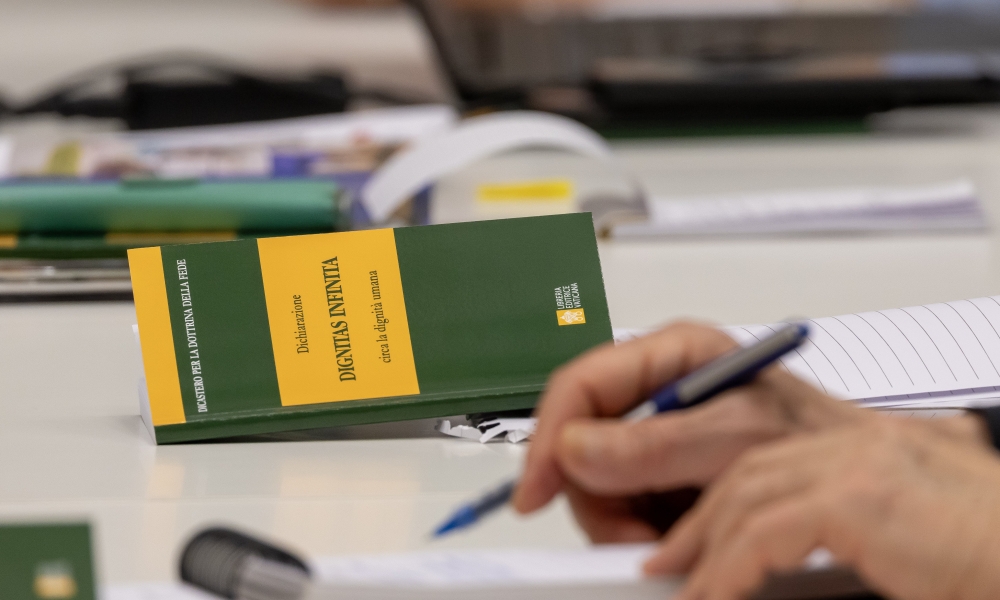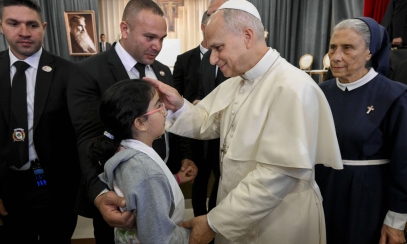
Vatican Calls for Proactive Defense of Human Dignity in Digital Realm
The protection and preservation of human dignity must extend into the digital realm, the Vatican said in a new document on human dignity.
The protection and preservation of human dignity must extend into the digital realm, the Vatican said in a new document on human dignity.
While the advancement of digital technologies "may offer many possibilities for promoting human dignity, it also increasingly tends toward the creation of a world in which exploitation, exclusion, and violence grow, extending even to the point of harming the dignity of the human person," read a declaration approved by Pope Francis and published by the Dicastery for the Doctrine of the Faith April 8.
"If technology is to serve human dignity and not harm it, and if it is to promote peace rather than violence, then the human community must be proactive in addressing these trends," it read.
The document, a declaration on human dignity titled "Dignitas Infinita" ("Infinite Dignity"), reflects on Catholic teaching about human dignity and addresses "some grave violations of human dignity" today, among them "digital violence."
Discussing digital communications, the declaration encouraged readers to consider "how easy it is through these means to endanger a person's good name with fake news and slander."
It also quoted Pope Francis' 2019 post-synodal apostolic exhortation to young people, warning of the "new forms of violence" spreading through the internet and social media such as cyberbullying, the diffusion of pornography and a rise in sexual exploitation.
The dicastery's declaration stated that, "paradoxically, the more that opportunities for making connections grow in this realm, the more people find themselves isolated and impoverished in interpersonal relationships."
Threats to the accessibility of real-world connection and the propagation of digital violence "represent a dark side of digital progress," it said.
But citing Pope Francis' encyclical "Fratelli Tutti, on Fraternity and Social Friendship," it added that the opportunities for encounter provided by communications media are "a gift from God" so long as they pursue the truth and promote the common good.
In his introduction to the declaration, Cardinal Víctor Manuel Fernández, prefect of the doctrinal dicastery, wrote that "although not comprehensive," the contemporary issues touched upon in the document were selected to "illuminate different facets of human dignity that might be obscured in many people's consciousness."



